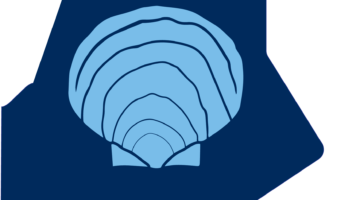A decision support system for sea lice management in salmon aquaculture
Lead PI: Kelly Cole PI Email: kelly.cole@maine.edu Co-PI: Ian Bricknell, Mike Pietrak & Damian Brady Project Team:Ellie Ghlan Abstract: Over 90% of Maine aquaculture landed value comes from farmed Atlantic Salmon. One of the more limiting and potentially environmentally destructive factors associated with salmon aquaculture in Maine is salmon, or sea lice (Lepeophtheirus salmonis (Krøyer […]
Read more

